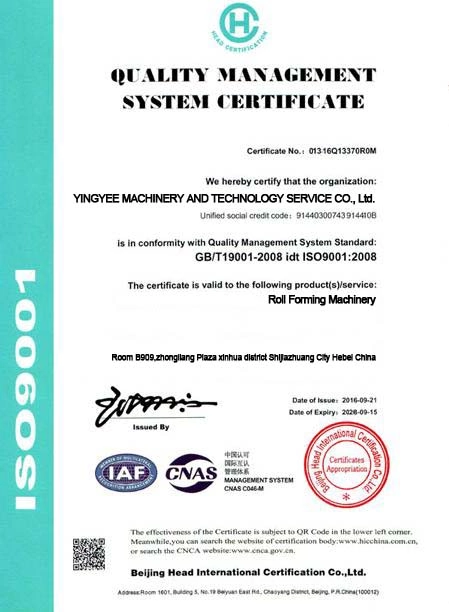
The Evolution and Significance of Roof Tile Machines
In the construction and building materials industry, roof tiles play a crucial role in ensuring the safety, durability, and aesthetic appeal of structures. The process of manufacturing roof tiles has evolved significantly over the years, leading to the development of specialized machinery that streamlines production, enhances quality, and meets the demand of an ever-growing market. Roof tile machines have become indispensable tools in modern tile manufacturing, contributing to efficiency and innovation within the industry.
Historically, roof tiles were handcrafted, resulting in a labor-intensive production process that often led to inconsistencies in size and quality. As the demand for building materials increased, manufacturers sought ways to mechanize the production process. The introduction of roof tile machines marked a turning point in the industry, allowing for mass production of tiles with uniform shapes, sizes, and colors. These machines are engineered to produce various types of tiles, including clay, concrete, and ceramic, catering to different architectural styles and climates.
Modern roof tile machines are equipped with advanced technology that enhances productivity and reduces labor costs. Automated systems control many aspects of the manufacturing process, including mixing raw materials, forming tiles, and curing them. This automation not only accelerates production rates but also minimizes human error, ensuring that each tile meets strict quality standards. Many machines are designed with adjustable settings that allow manufacturers to switch between different tile designs and sizes with relative ease, making them versatile assets for any tile production facility.

Sustainability has also become a significant focus in the manufacturing process. Producers are increasingly looking for ways to reduce waste and energy consumption. Many modern roof tile machines incorporate eco-friendly technologies, such as energy-efficient heating systems and the ability to utilize recycled materials in production. This shift towards sustainable practices is not just a response to regulatory pressures but also a reflection of consumer preferences for environmentally friendly building materials.
In addition to efficiency and sustainability, roof tile machines contribute to the aesthetic aspect of construction. The demand for unique and visually appealing roofing options has led to innovations in tile design and production techniques. With the introduction of advanced machinery, manufacturers can create intricate patterns, textures, and colors that enhance the overall look of a building. This creative flexibility allows architects and builders to differentiate their projects and meet specific customer needs.
Investing in roof tile machines can also yield significant economic benefits for manufacturers. By increasing production capacity and improving the quality of tiles, companies can respond more effectively to market demands, gaining a competitive edge in the industry. Furthermore, with the rise of the global construction market, particularly in developing regions, the potential for growth in roof tile production has never been greater. Machines that are affordable, efficient, and capable of producing high-quality tiles are crucial for companies looking to capitalize on these opportunities.
In conclusion, roof tile machines represent a significant advancement in the construction industry, transforming the way roof tiles are produced. The combination of automation, sustainability, and design versatility has not only improved production efficiency but has also fostered creativity and innovation in building materials. As the industry continues to evolve, roof tile machines will play an essential role in shaping the future of construction, ensuring that buildings are not only strong and functional but also beautiful and environmentally responsible. The investment in these machines is not just a business decision; it is a commitment to quality, sustainability, and the continuous improvement of building practices.